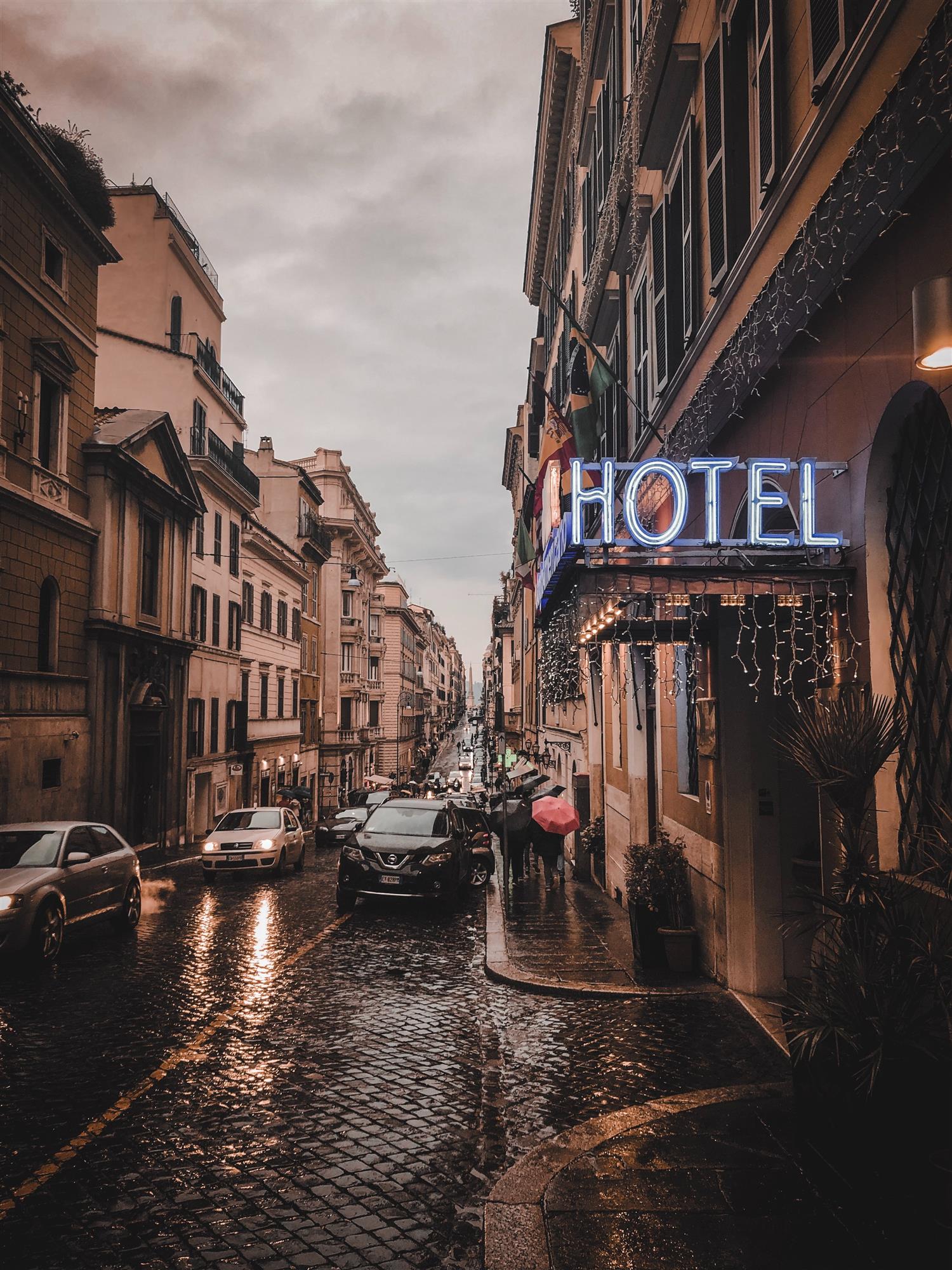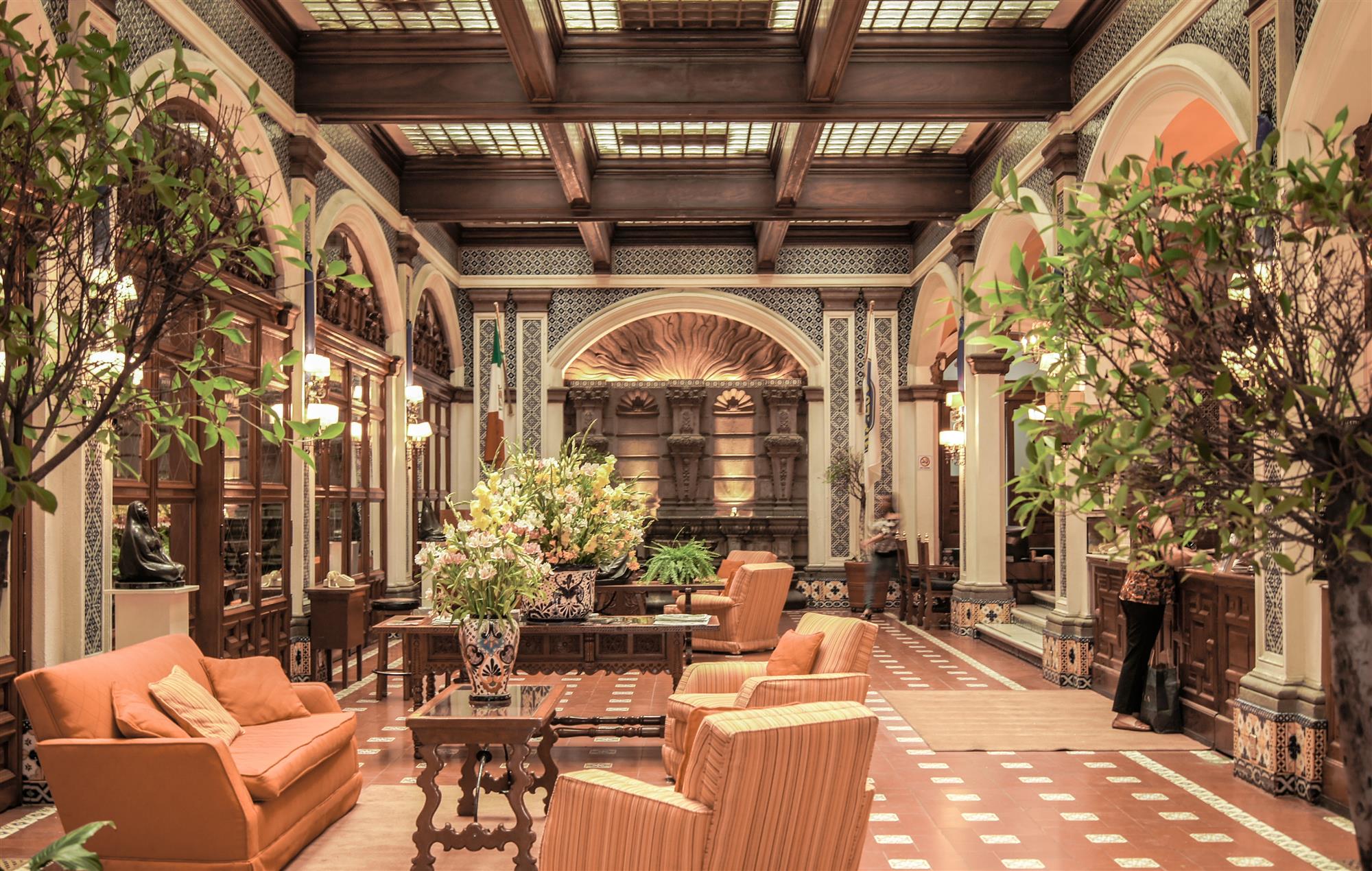 The growth of domestic tourism, changing lifestyles, increasing affinity towards competitively priced branded hotels and expansion of business activity to Tier 2 & 3 cities have bolstered the popularity of Mid-market or Midscale hotels in India in the recent past. Both domestic and international hotel companies with established as well as new midscale brands have increased their presence in the country to leverage the growing demand from middle-income domestic travelers and international budget travelers, especially in Tier 2, 3 & 4 cities. New age hotel aggregators also recognized and leveraged the opportunity by attempting to consolidate the unbranded Midscale hotels under their brands and were partially successful in their endeavor.
The growth of domestic tourism, changing lifestyles, increasing affinity towards competitively priced branded hotels and expansion of business activity to Tier 2 & 3 cities have bolstered the popularity of Mid-market or Midscale hotels in India in the recent past. Both domestic and international hotel companies with established as well as new midscale brands have increased their presence in the country to leverage the growing demand from middle-income domestic travelers and international budget travelers, especially in Tier 2, 3 & 4 cities. New age hotel aggregators also recognized and leveraged the opportunity by attempting to consolidate the unbranded Midscale hotels under their brands and were partially successful in their endeavor.
Increased focus on domestic tourism is expected to drive the growth of the Midscale segment in the post-COVID era
Domestic tourism is expected to become the ‘knight in shining armor’ for the Indian hospitality sector in the post-COVID era. Domestic travel restrictions have been eased under the Unlock 4.0 guidelines, which will lead to a gradual recovery in both domestic leisure and business travel across the country. People will be keen to travel for a change of pace, preferring ‘branded products’ as they are perceived to be ‘safe’. The ongoing economic headwinds are likely to reduce the per capita income in the country, driving the already value-driven customer seeking a full-service hotel more towards the Midscale hotels.
Furthermore, a growing number of travellers are expected to seek ‘experiences’ at fledgling leisure destinations in the country, where developing and managing a Midscale hotel offers better value proposition. The growth of this segment will also be fuelled by the rising demand from business travellers as companies continue to impose cost-cutting measures.
Development of industrial corridors in the country has also resulted in increased captive demand for quality Midscale hotels around highways, very similar to the situation in the US a few decades ago, when Midscale and select-service hotel room development was driven by the growth of highways in the country.
Mid-market hotels provide better development proposition in the current market conditions
Though supply growth is expected to be slower across segments in the current scenario, Mid-market hotels will still be a more viable proposition as they require lower investments and can be developed on smaller land parcels, which has often been the limitation in the country for development of large format hotels. Additionally, Midscale hotels, unlike their Upscale and Luxury counterparts, have a higher ability to offer flexi-pricing and still be profitable due to lower operational costs.

The learnings from COVID will also help in aligning our future Midscale hotels to a more efficiently built product as contactless needs will lead to smaller public spaces, fewer restaurants and enhanced technology all of which will help in reducing the capital costs, while increasing revenue generating areas like rooms and providing better returns on investment.
The key deterrents for the growth of this segment have been the high land and construction costs combined with high interest and short loan tenures, which make hotel projects unviable in India. To help domestic tourism reach its full potential in India, the government should facilitate the development of Midscale hotels by allocating well located, fully zoned land parcels at viable prices or long-term leases. The sector should also be granted infrastructure status for investments in excess of INR 25 crores to allow them to avail long-term loans at lower interest rates.
About Akash Datta
Akash Datta, HVS Senior Vice President - Consulting and Valuation, leads consulting engagements, encompassing market studies, feasibility studies, strategic planning, valuation, and forecasting. Akash has spent nearly 13 years in the hospitality industry having successfully worked with International Hotel and Consulting firms such as Hilton, JLL and HVS in South Asia and the Middle East. In 2005, Akash started his Consulting career with HVS as an analyst following which he undertook his MBA in International Hospitality Management with concentration in Real Estate Finance from IMHI ESSEC in Paris, France. Known for his industry insights, Akash works with leading companies, private clients, industry groups, and global networks. Contact Akash at +91 989 9517 404 or [email protected].
About Dipti Mohan
Dipti Mohan, Associate Vice President - Research with HVS South Asia, is a seasoned knowledge professional with extensive experience in research-based content creation. She has authored several ‘point of view’ documents such as thought leadership reports, expert opinion articles, white papers, and research reports across industries including hospitality, real estate, infrastructure, cement, and construction. Contact Dipti at [email protected]


0 Comments
Success
It will be displayed once approved by an administrator.
Thank you.
Error